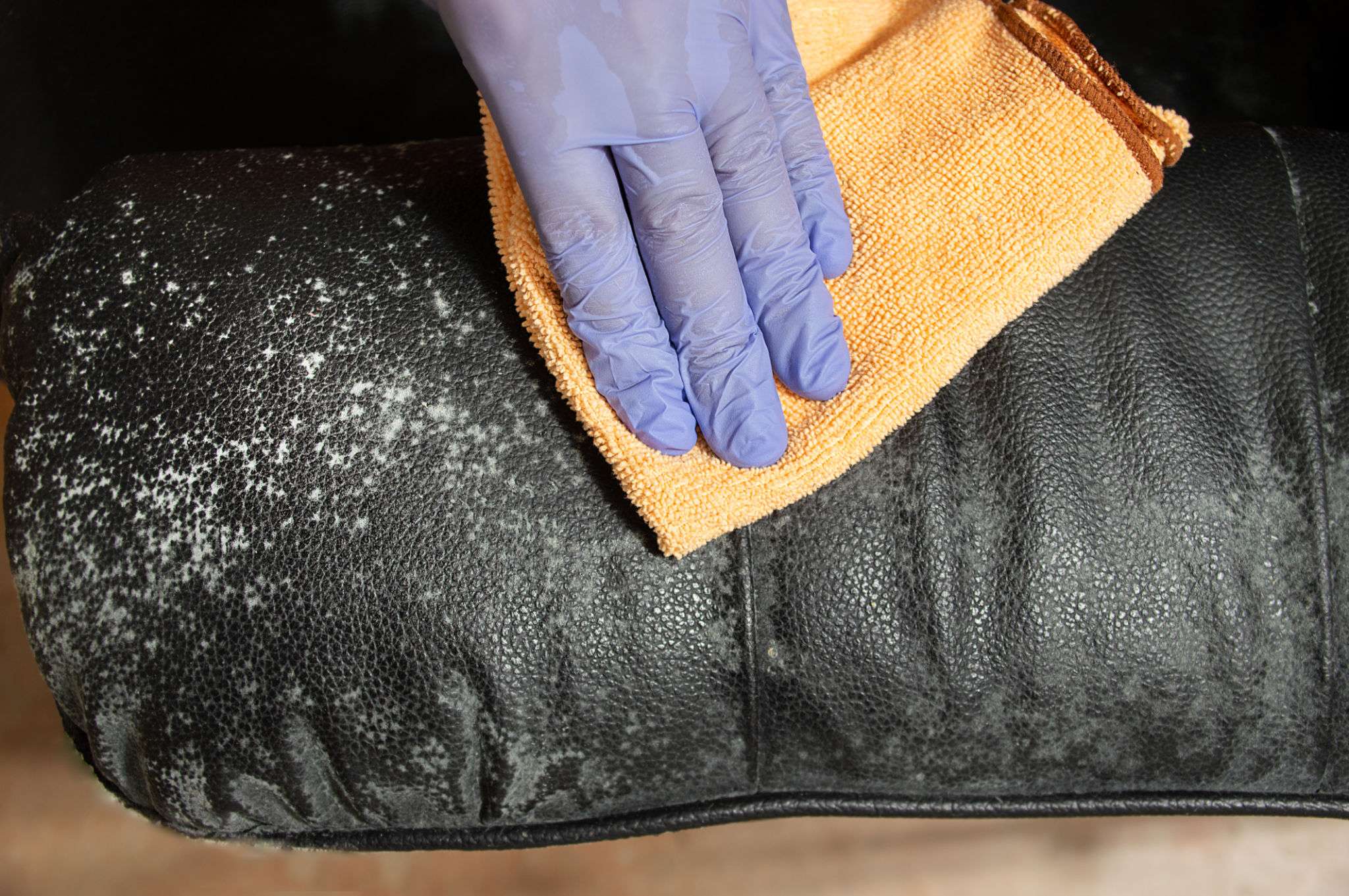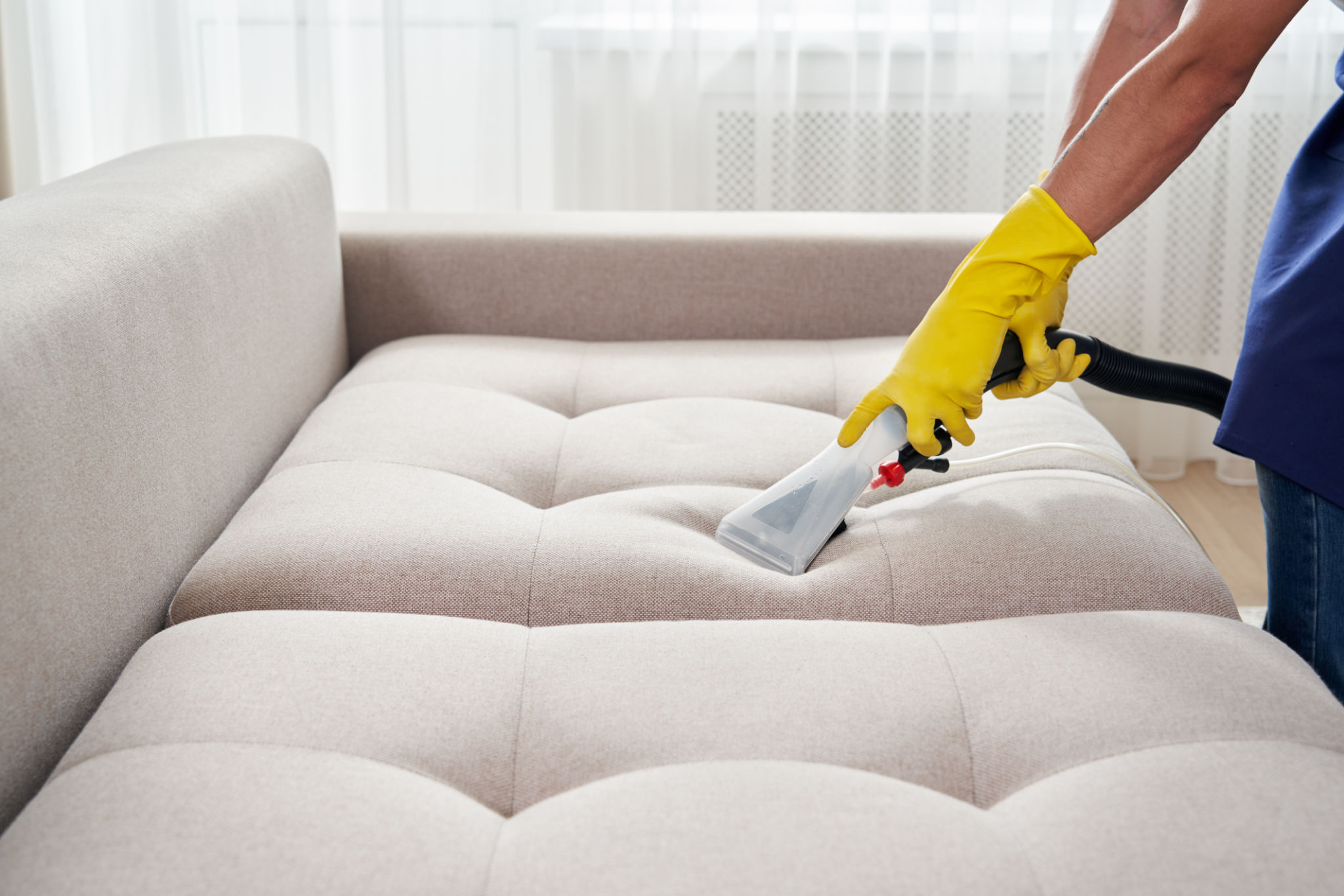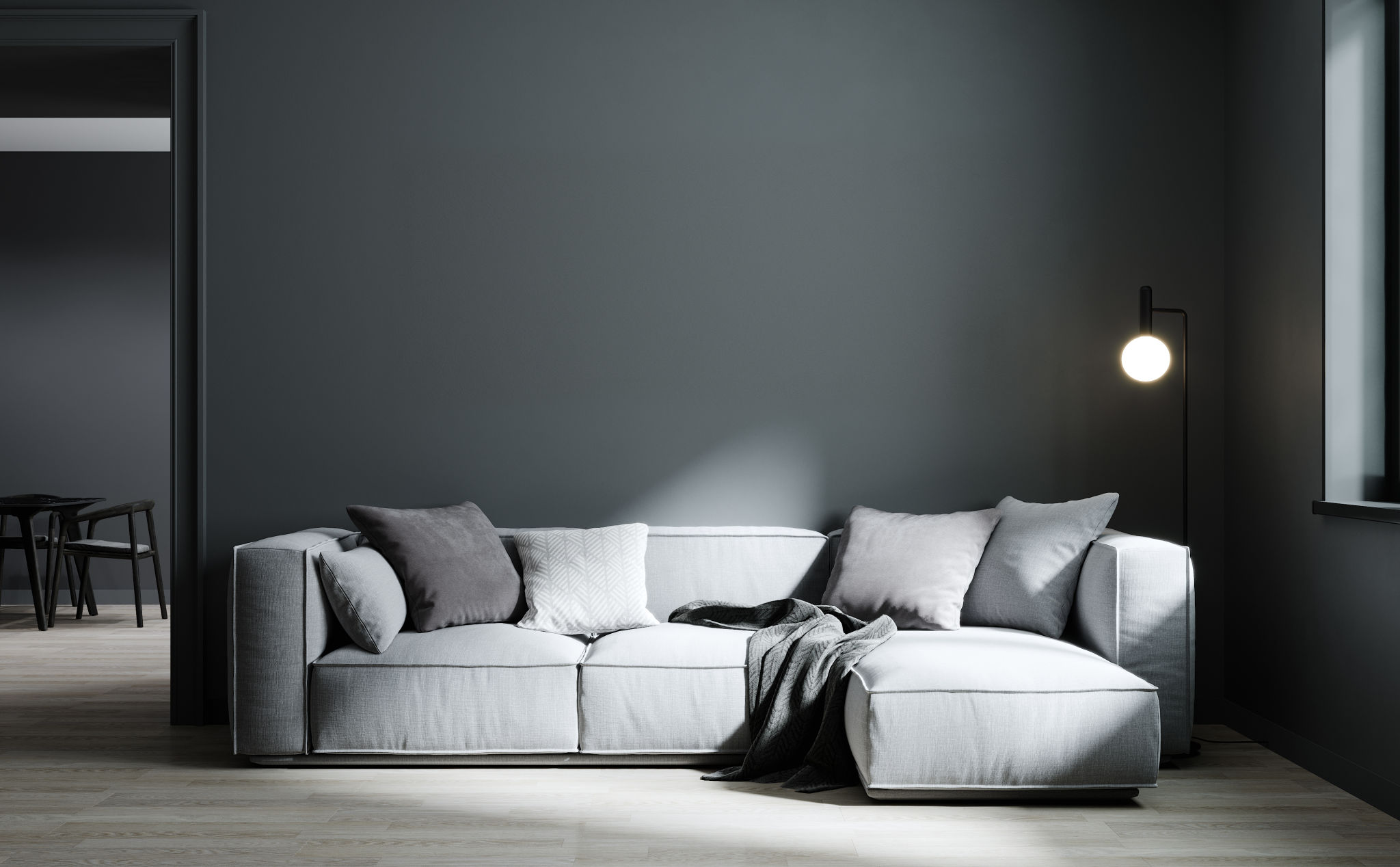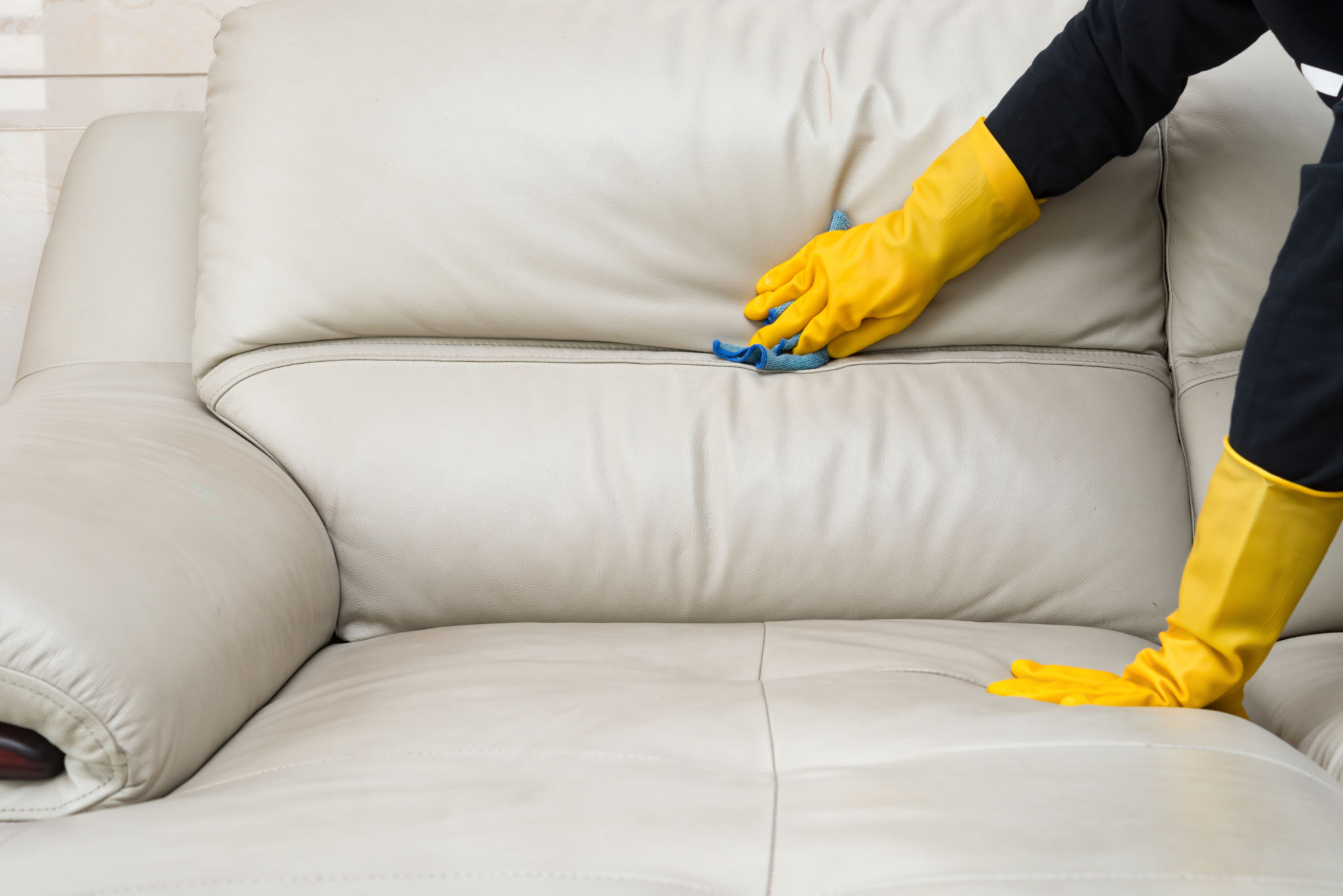Expert Tips on Maintaining Your Sofa in Humid Climates
Understanding the Challenges of Humid Climates
Living in a humid climate presents unique challenges when it comes to maintaining your sofa. The high moisture levels in the air can lead to mold growth, fabric deterioration, and unpleasant odors. It's essential to take proactive steps to protect your furniture and ensure it remains in top condition.

Choose the Right Sofa Material
The material of your sofa plays a crucial role in how well it withstands humidity. Opt for materials that are resistant to moisture and mold. Leather and synthetic fabrics are excellent choices because they are less likely to absorb moisture compared to natural fibers like cotton or linen.
Regular Cleaning and Maintenance
Regular cleaning is vital in preventing mold and mildew growth on your sofa. Use a vacuum cleaner with an upholstery attachment to remove dust and debris from your sofa's surface. For deeper cleaning, use a damp cloth with a mild detergent to wipe down any stains or spots.

Control Indoor Humidity Levels
Maintaining optimal indoor humidity levels is one of the best ways to protect your sofa. A dehumidifier can be a worthwhile investment, helping to reduce excess moisture in the air. Aim to keep the humidity level between 30% and 50% for the best results.
Keep Your Sofa Away from Moisture Sources
Position your sofa away from direct moisture sources such as windows, doors, or bathrooms. This will help prevent moisture from settling into the fabric and causing damage over time. Additionally, try to place your sofa in a well-ventilated area to allow air circulation.

Use Protective Covers
Protective covers can provide an extra layer of defense against humidity. Consider using slipcovers or furniture protectors that are made from water-resistant materials. These can be easily removed and cleaned, offering an added convenience for maintaining your sofa's longevity.
Avoid Direct Sunlight
While sunlight can help dry out moisture, excessive exposure can cause the fabric on your sofa to fade and weaken. Use blinds or curtains to block direct sunlight during peak hours, or strategically place your sofa so it receives filtered light.
Take Immediate Action on Spills
Treat spills and stains immediately to prevent them from setting into the fabric. Use a clean, dry cloth to blot as much liquid as possible, then apply a small amount of fabric cleaner to the affected area. Gently pat the cleaner into the fabric and allow it to air dry.

Conclusion
By following these expert tips, you can keep your sofa looking great even in humid climates. Remember that regular maintenance, the right material choice, and strategic placement can make a significant difference in prolonging the life of your furniture. With these practices in place, you can enjoy a comfortable and aesthetically pleasing living space for years to come.